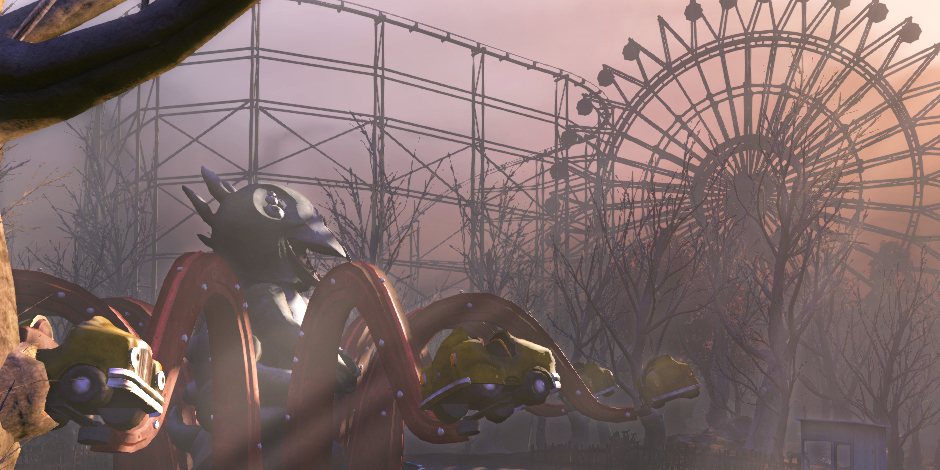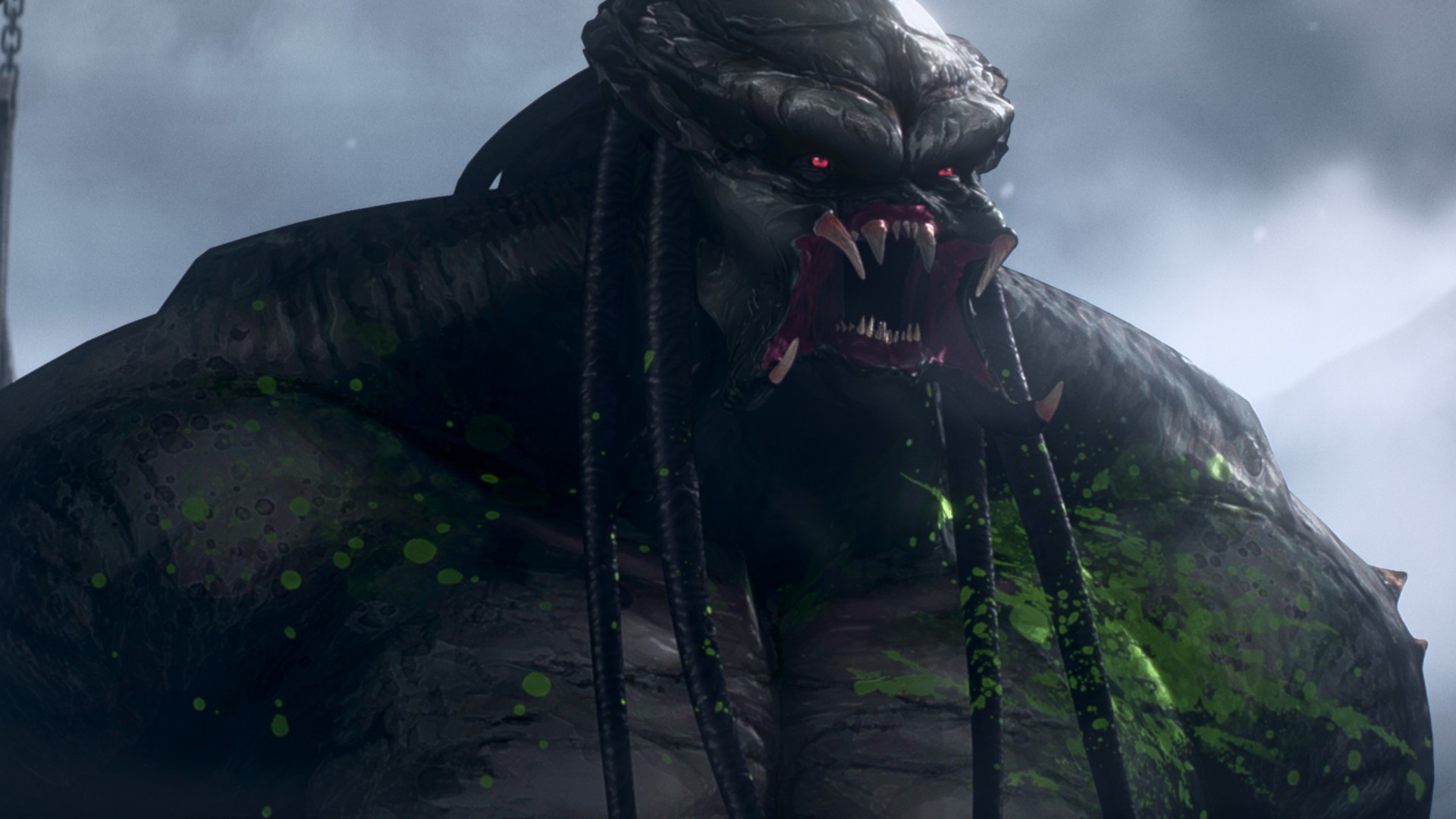Why you can trust GamesRadar+ Our experts review games, movies and tech over countless hours, so you can choose the best for you. 澳洲幸运5开奖♏号码历史查询:Find out more ab♏out our reviews policy.
Incredibly lackluster combat was the sledgehammer that broke our camel's back. While you can wield a variety of supposedly deadly weapons, few offer much sense of oomph or impact. We played primarily with the blade / assault rifle combo, but we might as well have been slashing that sword at thin air for all the visual and aural feedback it offered. On-hit effects didn't even wait for their anima𒁏tions to connect; the very instant we triggered our stun ability enemies would freeze, well before our character actually executed the attack's visually dramatic animation.
Once you assemble a stable build, combat devolves into cycling through the same few abilities over and over, ad nauseam, until the enemies drop. Many MMOs feature skill cycling and th🦄e resultant repetition, but even eight-year-old WoW (not to mention Funcom's more recent Age☂ of Conan) do a better job of making combat seem believably physical, with blades that feel cutty and blunt objects that go thunk. In contrast, TSW’s combat looks and feels like a weightless pantomime. Apply 2-10 button cycles until enemy drops; repeat. All RPGs are repetitive on some level, but TSW's repetitive, bloodless encounters become mind-numbing.

Between the superficially novel but ultimately familiar questing and the utterly uninvolving com🅘bat our initial wellspring of bonhomie and goodwill dried up, leaving us going through the same motions over and over just to get to the next slightly different quest giver. By the time we got to Egypt (about 80 hours logged) we were spent, leaving us in an odd position. TSW's fiction and atmosphere are so novel that we'd really like to see what happens in the rest of the game, in Transylvania and beyond. The problem is that this would require playing for another 100+ hours, and at this point that d🎃oesn't seem appealing.



